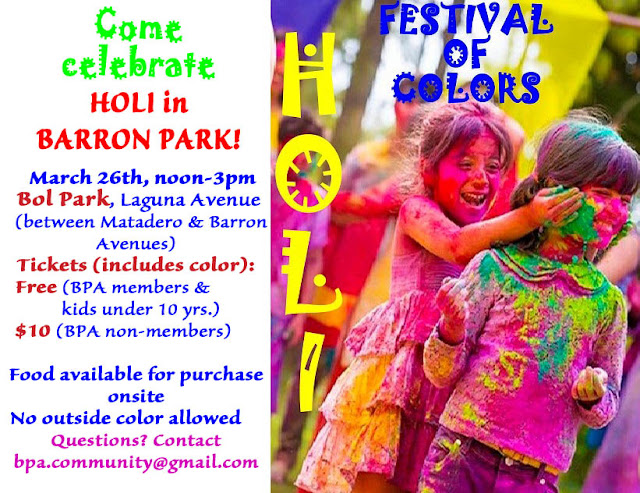Wellness Focused for Teens
By Kyle Yamasaki, MFT, Site Supervisor for Redwood Continuation High School
Wellness has been around for millennia but it feels like a refreshing approach to helping teens with social-emotional problems in our schools. As the site supervisor at Redwood Continuation High School (RHS) in the Sequoia Union High School District (SUHSD), I can share some of the exciting wellness activities organized by the ACS on-campus counseling team and SUHSD. But first, what is “Wellness” in this context?
The World Health Organization defines wellness as “the optimal state of health of individuals and groups. There are two focal concerns, the realization of the fullest potential of an individual physically, psychologically, socially, spiritually, and economically, and the fulfilment of one’s role expectations in the family, community, place of worship, workplace and other settings.”
Pertinent to the teens we work with, research supports that the focus on mental wellness can help with with self-regulation of intense emotions, resilience to stressors, and recovery from crises or illness, for example. For example, at RHS, although the ACS team often addresses mental wellness issues with referred students who have urgent needs, but we are also more concerned about the presence of wellness for those who do not see us. The absence of distress does not indicate a presence of wellness.
Teens come to RHS for extreme deficiency in credits which appears to be symptom of other major stressors. Most of which are coped with in unhealthy, but peer approved ways such as avoiding school, avoiding family, or self-medicating. This is in addition to the basic stresses of adolescence.
RHS teachers and administrators, and the ACS team see significant potential in each student. We know this from the students we work with. Students display resilience against seemingly overwhelming odds. I discussed these concerns with the ACS interns who suggested ideas to engage students in wellness activities.
We started with learning more about the students we worked with. We found that both male and female RHS students overwhelmingly wanted lunch time sport related activities, learn more about cooking and healthy eating, and expressed interest in therapeutic art activities.
In kind, ACS has started to work on providing activities like this during lunchtime. So far, we have successfully engaged a small group of adolescent boys in a mural activity and creating spirit stones, for example. A new social work intern has also recently joined our team who will start to engage the adolescent boys for lunchtime sports activities.
As a site supervisor at RHS, what has also been remarkable to me is seeing how the ACS interns have also been able to share their passions and talents that match our students. It seems like a natural synergy that is more meaningful and healthy for everyone.
While ACS’s efforts are just starting, SUHSD has been committed to some innovative wellness activities. Most notably is RHS’s meditation-based stress reduction and wellness program called Quiet Time, an evidenced based program that has reported outcomes such as improved GPA, increased attendance, and reduced anxiety and psychological distress.
The core activity of Quiet Time is transcendental meditation that the students, teachers, and administrators all participate in. On campus in select classrooms, doors are closed with a “meditation in progress” sign. For 20 minutes, two times a day, students meditate. Students rave about the positive impacts this has had on their lives. Students who were having a bad day even came into our ACS office at RHS, needing some space to meditate.
What is most promising for Wellness in our high schools is the effort to help everyone achieve their highest potential and level of functioning. It is be exciting to see what other new wellness programs will be initiated at different high schools, especially as wellness policies at PAUSD and SUHSD continue to be implemented.
References:
Manderscheid RW, Ryff CD, Freeman EJ, McKnight-Eily LR, Dhingra S, Strine TW. Evolving
definitions of mental illness and wellness.Prev Chronic Dis 2010;7(1):A19.
Adolescent Counseling Services is a community non-profit, which provides vital counseling services on nine secondary campuses at no charge to students and their families. To learn more about our services please visit the ACS website at www.acs-teens.org. ACS relies on the generosity of community members to continue offering individual, family, and group counseling to over 1,500 individuals annually. ACS provides critical interventions and mental health services, building a better future for tomorrow. If you are interested in helping to support our efforts, do not hesitate to call to make a donation. It goes a long way in helping teenagers find their way!

























